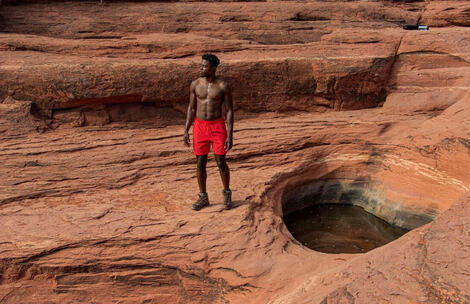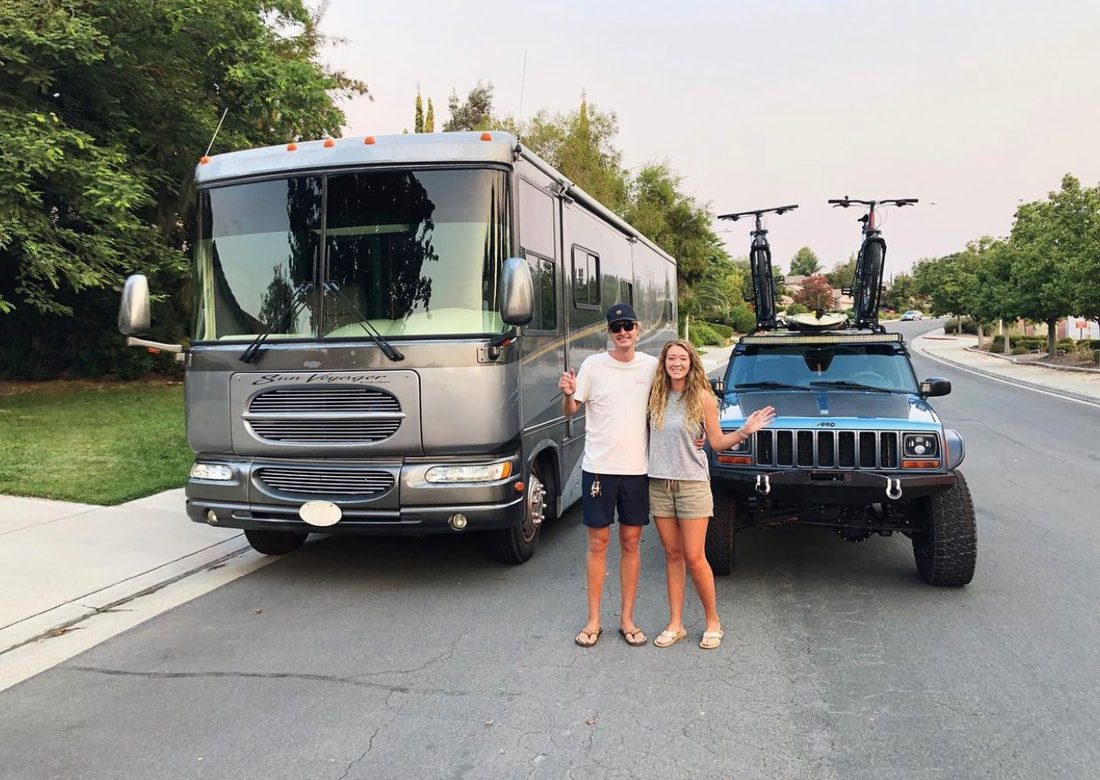|
So you want to be fit, happy, and healthy while working those tough 12 hour shifts, but don't know where to start? It's not always easy, but it is entirely possible. For the purpose of this blog, I will be sharing my workout routine and give yall some pointers on how to keep up with your fitness while being a traveling healthcare professional!
0 Comments
|
Archives
October 2023
|



 RSS Feed
RSS Feed


